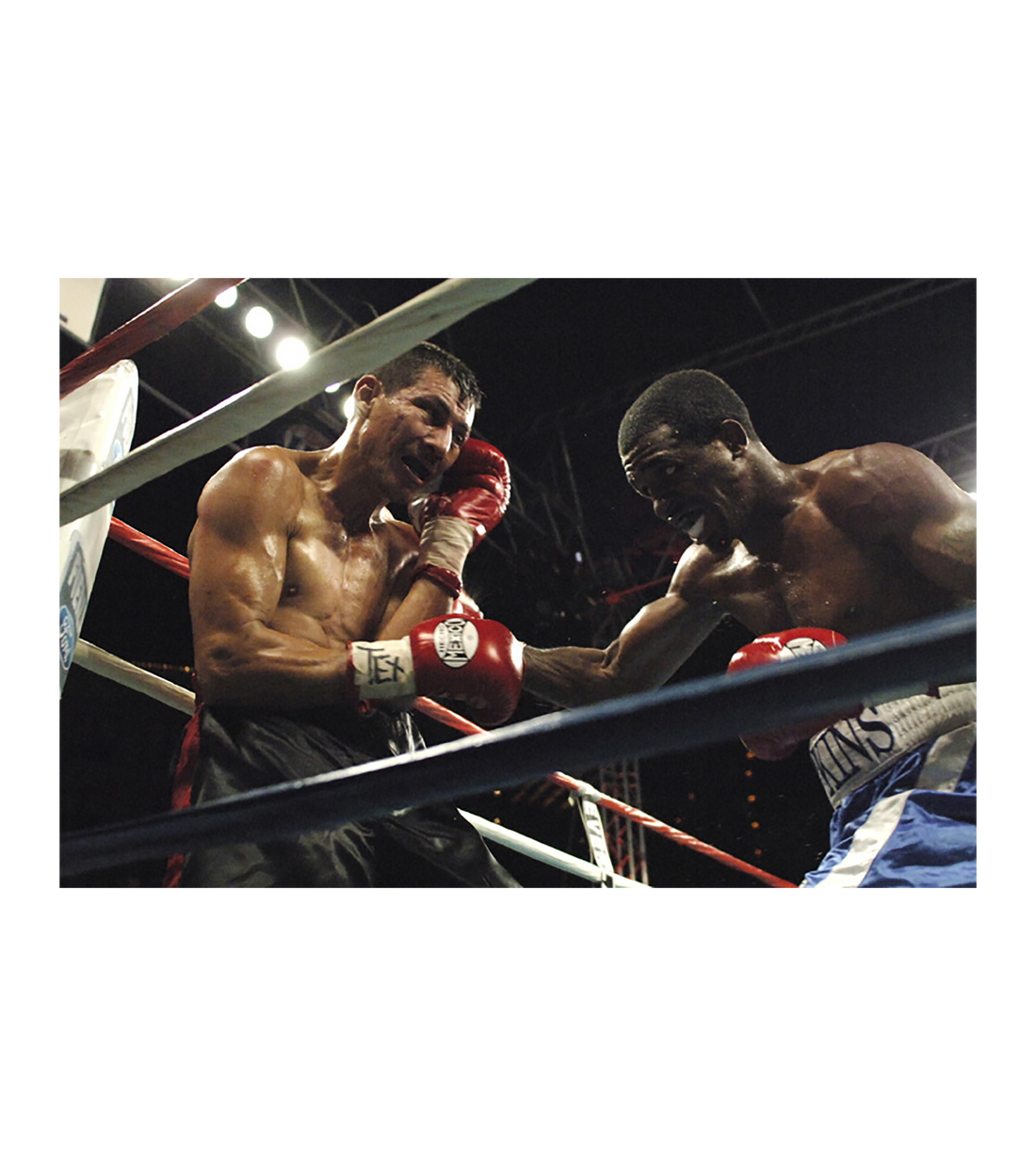
8 Things Only Real Boxers Understand
Easy Boxing StoreAktie
1. Even Simple Combinations Are a Work of Art
Seeing a boxer throw different kinds of punches and combinations seems pretty easy, doesn’t it? But behind each punch, there's weight transfer, balance, speed, and precision.
A lot of that becomes muscle memory for a boxer who has repeated the movements thousands of times. That’s why it looks simple on TV. But it’s not. The complexity of punches is hard to notice, especially when two high-level fighters are facing each other—it’s difficult to compare when both are elite.
Executing a 3–4 punch combination takes a lot of practice and drills, like focus mitt work. Even a simple 1-2-1 combo needs to be fast and precise, and you have to finish it in good balance to defend right after.
2. Pressure Is a Huge Part of Boxing
When you spar or fight, you’re under an immense amount of pressure. That pressure is deeply felt by the fighter but not always visible to the outside observer.
Watching two pros fight may look like a simple game of chess. They keep their distance, test different punches, and look for holes in each other’s defense. While that’s true, calling it a just game of chess would be wrong. There’s footwork involved, where one fighter tries to steal space and corner you, threatening to trap you without a way out.
Fighters constantly go through this “school of pressure” in sparring and matches. You’ll definitely meet “bully” boxers who will chase you all over the ring, cut off the space, and keep you cornered. And trust me—many of those spars or fights won’t feel like chess at all.
Even if you're usually the one applying pressure, eventually someone will flip the script on you—a fighter with better conditioning or ring IQ will make you feel it too.
That’s why boxing is a tough and relentless sport.
3. You Fight with Your Legs
I’ve sparred all kinds of fighters, and the toughest ones weren’t the guys with the fastest hands, but those with strong, well-conditioned, and fast legs.
Good footwork keeps you out of danger, helps you escape tough situations, and powers your punches. Every punch starts from the ground up. If you're grounded and take the right step to transfer maximum power, you're automatically a more efficient boxer. That’s why legs matter—for both offense and defense.
Jumping rope helps make your footwork lighter. Shadowboxing too, especially with a focus on quick, frequent movement. Sparring is the next level. Some boxing schools also use specific leg drills, like ladder work.
4. Breathing Is Everything
If you can’t breathe properly, you’ll gas out in minutes—maybe even seconds. Imagine running 1-2km distance while holding your breath for few seconds at a time. You won’t last long.
In boxing, you’re not just moving; you’re also reacting to punches and pressure. If you haven’t trained yourself to breathe rhythmically, there’s a good chance you’ll hold your breath during exchanges—whether throwing, dodging, or getting hit. That’s deadly in a sport as demanding as boxing.
Good conditioning and proper breathing—staying in rhythm without panicking—are non-negotiable for every boxer.
5. The Higher You Fly, the Deeper You Fall
There were times in sparring or training where I felt on top of the world. Outboxing someone can feel amazing—especially when you’re new and physically dominate someone. That feeling of superiority is part of human nature.
But in boxing, the script can flip real quick. What if you get beat next time? How will that feel?
Not so good. And that falls are hard.
You’ll learn there’s always someone better, tougher, or smarter than you. After a few years in boxing, you realize there are levels to this game—and someone’s always on the next one.
Once I sparred a new, young guy and held back, just trying new things. Afterward, he was full of himself and said, “Seems like we’re at the same level!” From that point on, I was on a mission to prove otherwise. He didn’t felt so good next time.
6. There’s Always Something to Work On
You might see a boxer who looks flawless—no mistakes, sharp improvements. But even they see flaws the public can’t.
I’ve sparred with guys who dominated me, only to hear them complain afterward about their footwork or missed opportunities. That’s boxing.
There’s always something to work on: punch speed, counterpunching, breathing, rope defense, body shots, inside fighting, clinching. It’s endless. For a sport that seems simple to spectators—“just throw punches and win”—there’s a universe of skill underneath.
7. Being Tired Changes Everything
You might know all the right moves. But when fatigue kicks in, your form breaks down, your timing lags, and your defense opens up.
Boxing tired is not the same as boxing fresh. You start reacting late, dropping your guard, throwing lazy punches, or even forgetting to move your head. You’ll hear coaches say, “Train tired—fight fresh,” and it’s true. That’s why high-level boxers train with minimal rest between rounds and push through exhaustion in sparring.
Only a real boxer knows how hard it is to stay sharp when every muscle is screaming.
8. You Need to Be Mentally Tough, Not Just Physically
Boxing is just as much mental as physical. Sometimes more.
You’ll have days where your punches feel off, your energy is low, or you’re getting beaten in sparring. And the hardest part? You have to keep showing up anyway.
Mental toughness isn’t just about being brave in the ring—it’s about showing up to train after a bad sparring session. It’s about pushing through self-doubt. Staying disciplined when your motivation is gone. That’s what separates casuals from real fighters.
